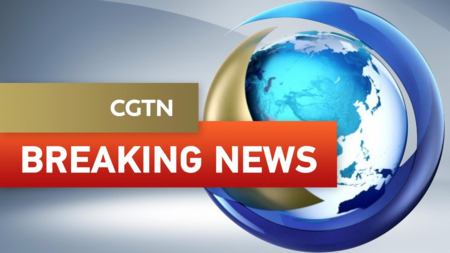In a bold move, President Donald Trump announced on Monday that the National Guard will be deployed to Washington, D.C., and that the city’s police force will be placed under federal control to tackle a surge in crime.
Speaking at a White House press conference, Trump called the day “Liberation Day” for the capital. “This is Liberation Day in DC, and we’re going to take our capital back,” he said, highlighting the administration’s resolve to restore public safety.
The decision marks a significant shift in the balance of power between federal and local law enforcement. The National Guard mobilization aims to reinforce patrols across neighborhoods, offering additional support to officers responding to escalating incidents.
While the National Guard has been used in various roles—from disaster relief to large-scale events—this represents one of the most direct deployments for domestic crime fighting in recent years. The federal takeover of the police department raises questions about accountability, coordination, and the long-term impact on community relations.
As DC residents and visitors adjust to a new security presence on the streets, all eyes will be on the results of this high-profile initiative. Will the show of federal force curb crime, or will it spark broader debates about the role of military assets in urban policing?
Reference(s):
cgtn.com



